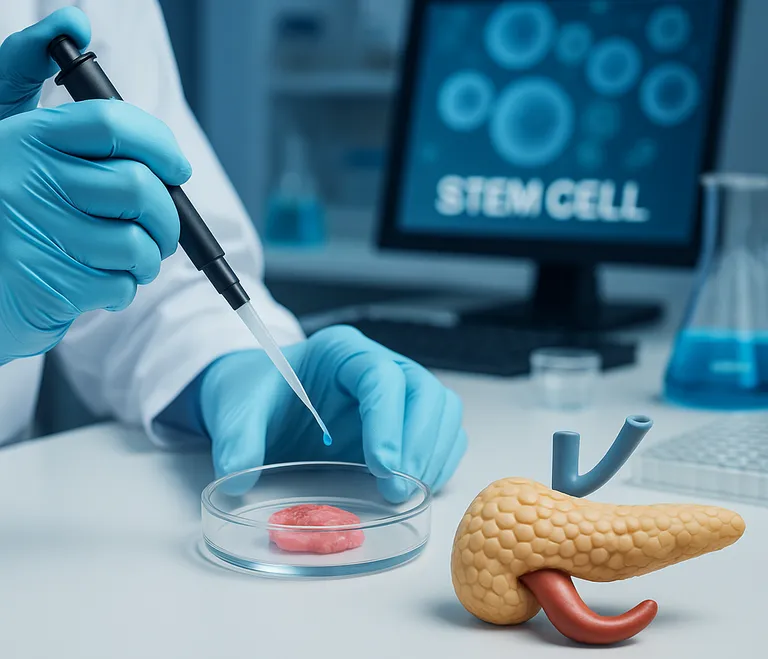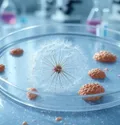May 2025 — Global Health Desk — In a groundbreaking development for diabetes treatment, Japanese scientists have successfully performed the country’s first stem cell transplant aimed at curing Type 1 diabetes, marking a significant step toward a long-awaited functional cure.
The medical milestone was announced by the team of researchers from Osaka University Hospital, who carried out the procedure earlier this year. The patient, a 37-year-old woman diagnosed with Type 1 diabetes as a teenager, has shown remarkable improvement in blood sugar regulation post-transplant.
🧬 What Is Type 1 Diabetes?
Type 1 diabetes is an autoimmune disease in which the body attacks insulin-producing cells in the pancreas. Patients require lifelong insulin therapy to manage blood glucose levels.
There is currently no cure, and complications from the disease can include:
- Vision loss
- Kidney failure
- Nerve damage
- Cardiovascular issues
💉 How the Stem Cell Therapy Works
The procedure involved differentiating induced pluripotent stem cells (iPSCs) into insulin-producing beta cells, which were then transplanted into the patient’s pancreas.
Key Features of the Procedure:
- iPSCs were derived from the patient’s own skin cells to reduce rejection risk
- The transplant used microencapsulation to shield cells from immune attack
- No need for daily insulin injections post-recovery
- Continuous glucose monitoring shows stable insulin production
🧪 Clinical Significance
This pioneering surgery makes Japan one of the first countries to demonstrate real-world application of regenerative medicine in treating diabetes.
Outcomes (as of May 2025):
- The patient is insulin-independent after 3 months
- No significant immune response or complications reported
- Long-term monitoring is ongoing
Dr. Hiroshi Nakayama, lead surgeon on the project, stated:
“This success is more than personal — it’s a potential paradigm shift in how we approach diabetes worldwide.”
🌍 Global Implications
As diabetes continues to rise globally, this innovation offers hope to:
- Over 8.7 million people living with Type 1 diabetes worldwide
- Healthcare systems burdened by the cost of chronic disease management
- Scientists developing stem-cell-based treatments for other autoimmune disorders
The Japanese government is expected to fast-track support for further clinical trials and expand patient eligibility in 2026.
Final Thoughts
This success in Japan is not just a leap in science — it’s a beacon of hope for millions living with Type 1 diabetes. While challenges remain before it becomes a widespread cure, the future of regenerative medicine has never looked brighter.
By ✍️ Yorlinda Ramìrez - MicuPost Team
Sources:



